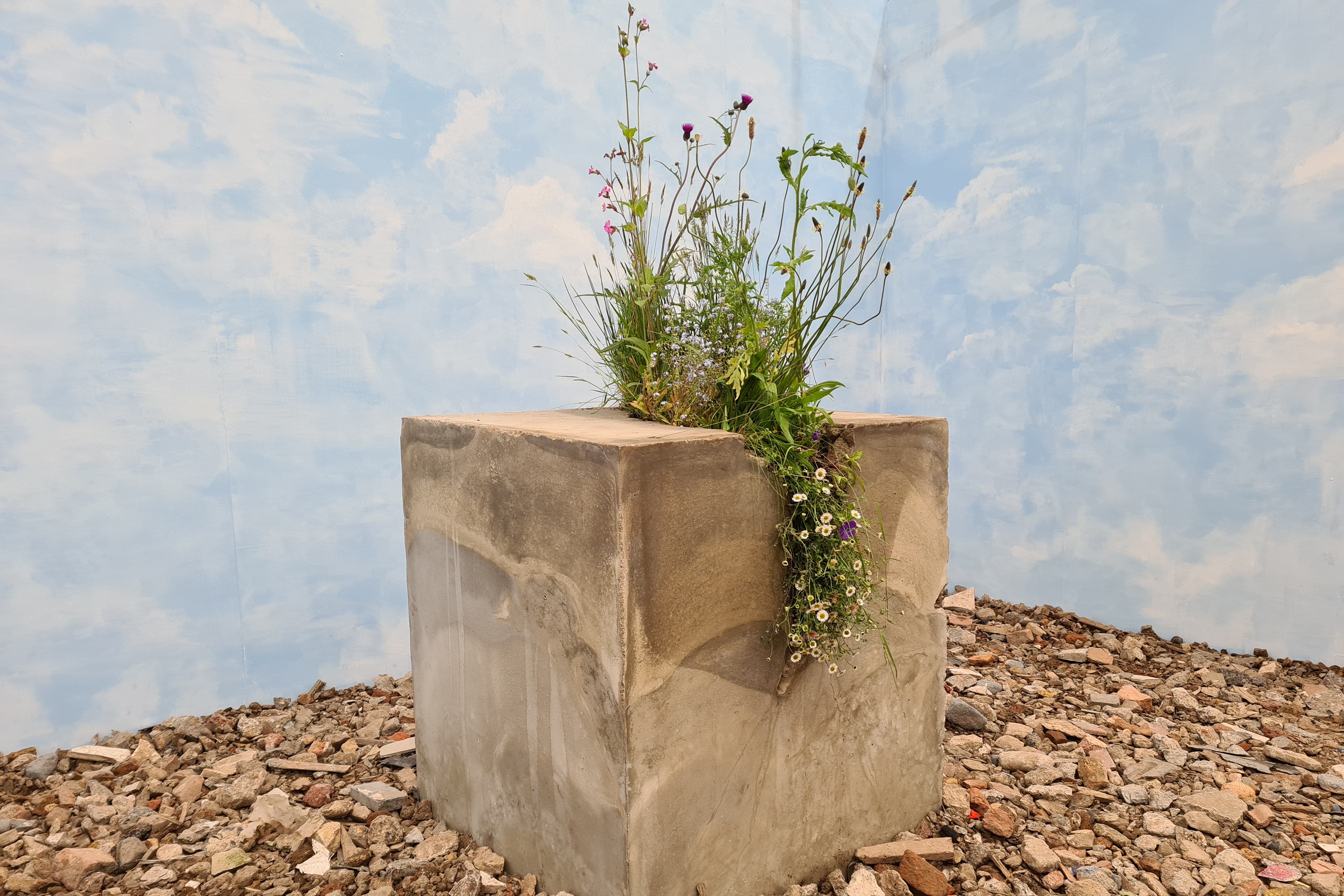Close the ‘green gap’ to improve inequality, says garden designer
Lack of access to green space is contributing to mental and physical health inequalities, the founder of non-profit Grow2Know said.

Your support helps us to tell the story
From reproductive rights to climate change to Big Tech, The Independent is on the ground when the story is developing. Whether it's investigating the financials of Elon Musk's pro-Trump PAC or producing our latest documentary, 'The A Word', which shines a light on the American women fighting for reproductive rights, we know how important it is to parse out the facts from the messaging.
At such a critical moment in US history, we need reporters on the ground. Your donation allows us to keep sending journalists to speak to both sides of the story.
The Independent is trusted by Americans across the entire political spectrum. And unlike many other quality news outlets, we choose not to lock Americans out of our reporting and analysis with paywalls. We believe quality journalism should be available to everyone, paid for by those who can afford it.
Your support makes all the difference.The creator of the Chelsea Flower Show’s smallest garden said he wants to close the “green gap” and reduce the UK’s inequality of access to natural areas.
Tayshan Hayden-Smith’s display of a concrete slab sprouting weeds and wildflowers represents the 42m2 of green space available to residents of North Kensington.
His non-profit organisation, Grow2Know, partnered with urban designers Prior + Partners to compare the amount of accessible nature across one of the country’s most unequal boroughs.
Their research revealed that residents of the Notting Dale ward, where Grenfell Tower is, have access to only 42m2 of total public parks and gardens per person within a 1km radius or 12-minute walk – equivalent to just three parking bays.
People are in survival mode and actually just trying to put food on the table and green space goes completely above their heads
On the south side of the borough, in Queen’s Gate, residents have access to 2,149m2 – equivalent to two five-a-side football pitches.
Mr Hayden-Smith, who founded Grow2Know after 2017’s Grenfell Tower fire, said: “We’ve built the smallest ever Chelsea Flower Show garden to highlight inequality and lack of access to green space.
“There are a lot more influencing factors in whether you have access to green space, such as socio-economic background.
“People are in survival mode and actually just trying to put food on the table and green space goes completely above their heads. There’s no access points for them.
“It’s about us holding their hands creating those access points. And that’s what goes on – we’re trying to close that gap and ensure that everyone has access to beautiful, healing, good quality space.”
In addition to the lack of green space, the research found that 80% of Notting Dale residents are living in the most deprived conditions in England, whereas Queen’s Gate residents are among the 10% least deprived.
It doesn't matter who you are, where you're from, what you're doing, we're all gardeners and we just need to activate that and realise that and we need to start using more accessible language and creating more access points into this space
There is also a nine-year difference in life expectancy between the north and south of the borough, with a lack of green space identified as contributing to more significant health inequalities.
The researchers said their work revealed that frequent personal use of parks or green space is estimated to save the NHS at least £100 million a year from fewer visits to the GP.
Jason Prior, founding director at Prior + Partners, said: “We are pleased to have been able to support Grow2Know in this great initiative.
“Our team used open source, publicly available data to provide an evidence base and to help illustrate the issues that the green dive represents.
“This is a complex social-spatial issue that we will be continuing to explore through our professional practice work and research.”
Mr Hayden-Smith began the Grow2Know project as a guerrilla gardener, which involves cultivating food, plants or flowers in abandoned areas.
His display, tucked into a corner of the great pavilion at the Chelsea Flower Show, has dandelion, thyme and chamomile – plants that would typically grow in the streets and parks of the local community.
He also said horticulture, gardening, nature and the environment should be on the school curriculum.
Mr Hayden-Smith added: “It doesn’t matter who you are, where you’re from, what you’re doing, we’re all gardeners and we just need to activate that and realise that and we need to start using more accessible language and creating more access points into this space.
“And closing that green gap by designing through thoughtful and considered design processes, whether it’s public or private space, we’re here to to build guidance for community, for the environment and for society.”